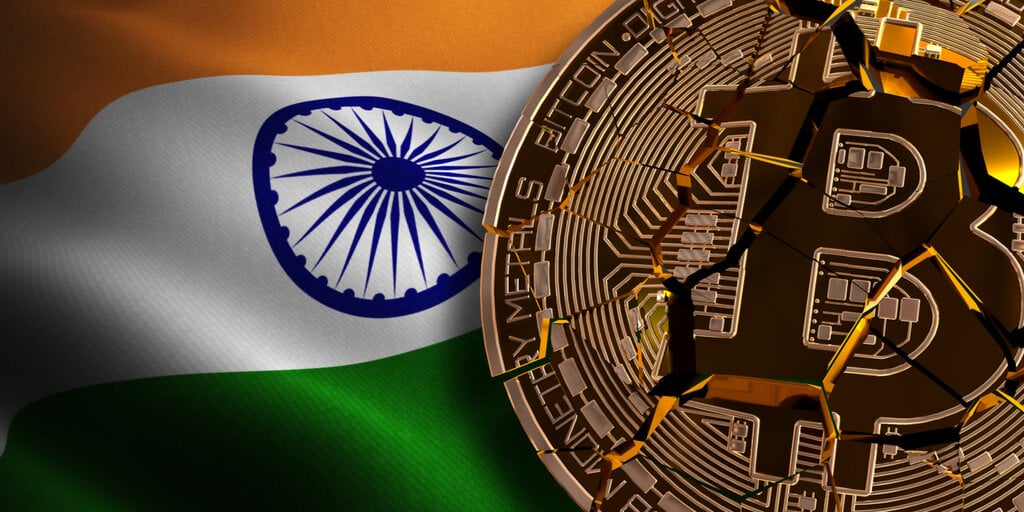Indian Prime Minister Narendra Modi warned that there is a risk of a "new model of colonialism" if nations with critical minerals do not see it as a global responsibility, as the race to secure resources for energy transition goals intensifies. Modi emphasized the need for cooperation in the face of uneven geographical diversification and export restrictions imposed by countries like China.
Prime Minister Narendra Modi emphasized the importance of mutual trust and democratic values as he called for investments in India and voiced concerns about disruptions in the supply chain due to the Covid-19 pandemic, indirectly criticizing China and cautioning against a new model of colonialism and the need for a global framework for cryptocurrency and ethical artificial intelligence.
Indian Prime Minister Narendra Modi has called for the United Nations to reform in order to reflect the realities of the 21st century and ensure the representation of important voices, ahead of hosting the G20 summit in India. Modi also expressed support for the African Union to become a full member of the G20.
Indian Prime Minister Narendra Modi discussed India's achievements during its presidency of the G20, highlighting its human-centric model of development and its response to the pandemic, which has gained recognition and appreciation from the international community; he also emphasized the importance of including the Global South and Africa in global affairs and addressing their needs. Additionally, Modi noted India's efforts in promoting renewable energy and the democratization of technology, while acknowledging the challenges of cybercrime and the need for global cooperation. He expressed confidence in India's future economic growth and its potential to become one of the top three economies in the world by 2030 and a developed country by 2047.
India has experienced political stability under Prime Minister Modi, leading to legal reforms, improvements in welfare systems, and infrastructure development, which has positioned the country for growth and influence in various spheres, including space exploration, sports, and entertainment, but challenges such as poverty, education, and employment still need to be addressed.
The leaders of the G20 countries have called for the swift implementation of a cross-border framework for crypto assets that would facilitate information exchange between jurisdictions starting in 2027, aiming to give tax authorities greater visibility into crypto transactions.
India has successfully achieved its finance track objectives during its G20 presidency, including strengthening Multilateral Development Banks, creating a global regulatory framework for crypto assets, promoting financial inclusion through digital infrastructure, resolving debt for lower and middle-income countries, and financing sustainable cities, among other accomplishments, according to Finance Minister Nirmala Sitharaman.
African Union Chairperson Azali Assoumani thanked Prime Minister Narendra Modi for his support in including the 55-nation African Union in the G20, calling India the "fifth superpower of the world" and praising its power and influence; he also expressed Africa's openness to investment from countries other than China.
Countries around the world, including Australia, China, the European Union, France, G7 nations, Ireland, Israel, Italy, Japan, Spain, the UK, the UN, and the US, are taking various steps to regulate artificial intelligence (AI) technologies and address concerns related to privacy, security, competition, and governance.
India's hosting of the G20 summit highlights Prime Minister Modi's dominance in the capital, with significant security measures and changes to the city's infrastructure, although issues of inclusivity, infrastructure, and human rights persist.
Governments worldwide are grappling with the challenge of regulating artificial intelligence (AI) technologies, as countries like Australia, Britain, China, the European Union, France, G7 nations, Ireland, Israel, Italy, Japan, Spain, the United Nations, and the United States take steps to establish regulations and guidelines for AI usage.
